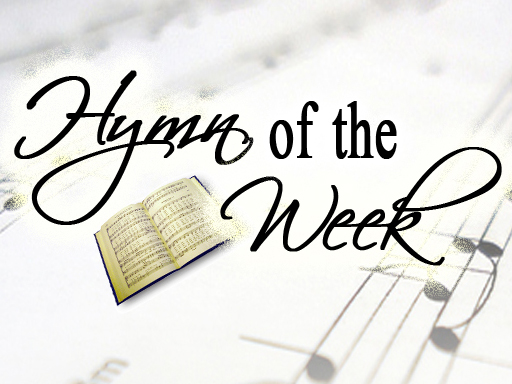Easter Eggs
 Have you ever wondered how eggs came to be associated with Easter? If so, you can learn the Christian history, meaning and symbolism of Easter eggs here!
Have you ever wondered how eggs came to be associated with Easter? If so, you can learn the Christian history, meaning and symbolism of Easter eggs here!
The tradition of Easter eggs is almost certainly associated with the practice of Lent — a period of preparation for Easter that includes 40 days of abstinence (designed to imitate Jesus’ forty day fast in the desert, Matthew 4:1-11).
The practice of Lent existed in the early church (atleast by the 4th century) and by 692, the Council in Trullo (a church council held in Constantinople) gave the following instructions:
“It seems good therefore that the whole Church of God which is in all the world should follow one rule and keep the fast perfectly, and as they abstain from everything which is killed, so also should they from eggs and cheese, which are the fruit and produce of those animals from which we abstain.”
Scholar Anthony McRoy notes, “In pre-refrigeration days, it would be difficult to preserve milk and meat products until Easter, but the same was not true of eggs. Eggs, which unlike other foods do not perish quickly, were therefore a natural way to break the fast on Easter Sunday.”*
Thus eggs served as the main course for many joyful celebrations of Easter, and they offered the additional benefit of serving as the perfect symbol for the “hope of new life” — a hope made possible for all believers through the resurrection of Christ.
In regard to the practice of coloring eggs, it has existed in many cultures throughout history. Interestingly, among Orthodox believers, eggs are most often colored red to symbolize Christ’s blood that was spilled to give us new life. In the U.S., it is more common to see a variety of colors (usually pastels) symbolizing the many colors of “new life” that come into bloom in the spring.
*See the short and fascinating article by Anthony McRoy on “How The Fast of Lent Gave Us Easter Eggs.”
This page was created by:

Back to main Easter Symbols page.
We welcome your ideas! If you have suggestions on how to improve this page, please contact us.
You may freely use this content if you cite the source and/or link back to this page.





